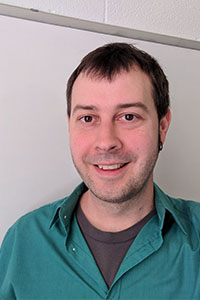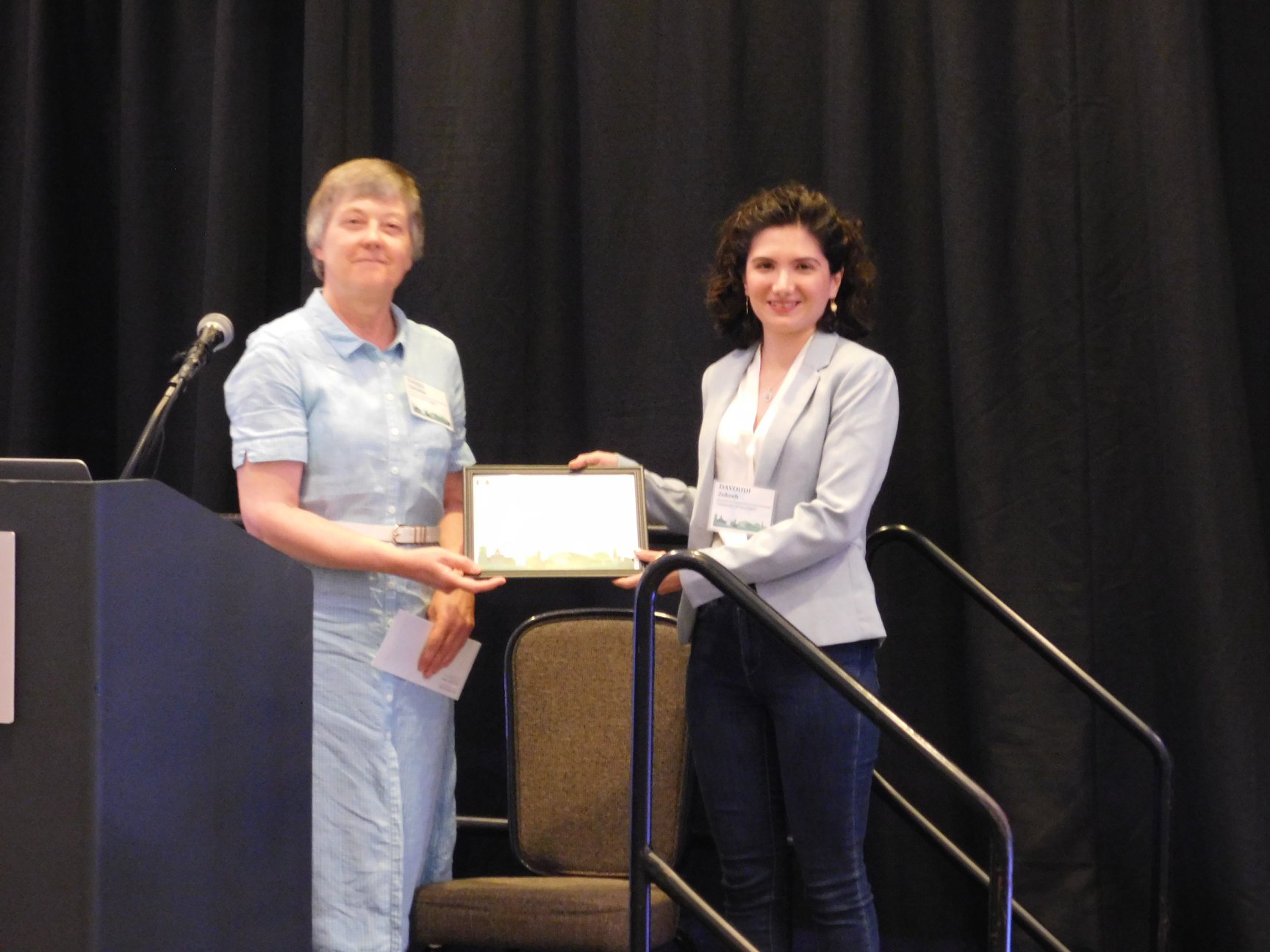Ted Jacobson Named Distinguished University Professor
- Details
- Published: Tuesday, September 11 2018 11:29
Ted Jacobson has been named a University of Maryland Distinguished University Professor. This designation is the campus’ highest academic honor, reserved for those whose scholarly achievements “have brought distinction to the University of Maryland.” He was cited for his highly innovative work in black hole thermodynamics, the nature of spacetime, and gravitational physics.
Jacobson received his Ph.D. at the University of Texas and held postdoctoral appointments at the Observatoire de Meudon and Institute Henri Poincaré, Paris; the University of California at Santa Barbara, and Brandeis University before joining UMD as an assistant professor in 1988. He has since held appointments at the University of Bern, the Kavli Institute for Theoretical Physics in Santa Barbara, the Université de Paris VII and the Institute d’Astrophysique in Paris, the University of Utrecht and the Schrödinger Institute of Vienna. Jacobson is a Distinguished Visiting Research Chair at the Perimeter Institute for Theoretical Physics, where he spent part of a 2013-14 sabbatical. He has been a Simons Distinguished Visiting Scholar at the Kavli Institute for Theoretical Physics in Santa Barbara, and in 2015 was co-coordinator of its six-month research program Quantum Gravity Foundations: UV to IR.
Jacobson is a member of the Maryland Center for Fundamental Physics and the Joint Space-Science Institute and a Fellow of the American Association for the Advancement of Science and of the American Physical Society. He was an invited speaker at Stephen Hawking’s 75th birthday conference in 2017, where he spoke on "Hawking radiation, infinite redshifts, and black hole analogues”.
He is a UMD Distinguished Scholar-Teacher, and he co-developed the College Park Scholars Program Science, Discovery and the Universe.
His work has been featured in the lay press, including The Economist and Salon.com. He has written for Scientific American, including a cover story, “Echoes of Black Holes”. In 2010, the New York Times published a feature story on gravity and highlighted Jacobson’s 1995 paper “Thermodynamics of Spacetime: The Einstein Equation of State”. This paper showed that Einstein's equation for the curvature of spacetime derives from thermodynamic principles applied to entanglement entropy of the quantum vacuum. The idea was inspired by black hole thermodynamics, one of his main research foci. His other research interests have included laboratory analogs of black holes, astroparticle and gravitational tests of relativity, and relativistic plasma physics.



